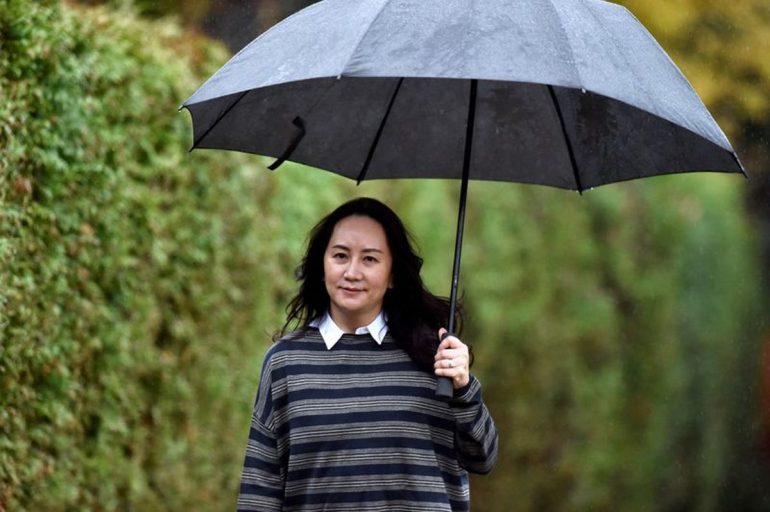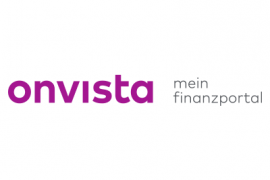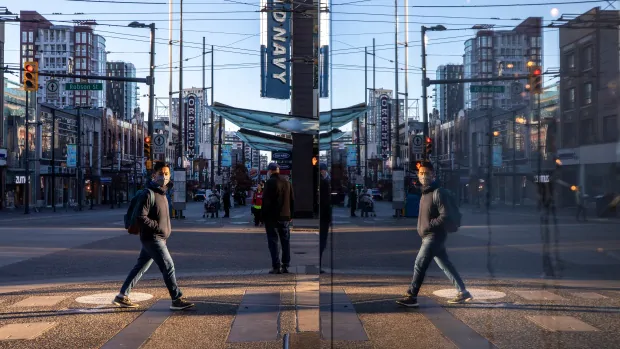One source told The Globe that Ottawa had been pushing the Trump administration to seek an agreement with Meng Wanzhou, seen here in Vancouver on Nov. 23, 2020, as a way to free Michael Spavor and Michael Kovrig.
JENNIFER GAUTHIER/Reuters
The U.S. Justice Department is reportedly in discussions on a plea agreement with lawyers for Meng Wanzhou that would allow her to return to China, and which could open the door for the release of two imprisoned Canadians.
Ms. Meng, chief financial officer for Huawei Technologies, is out on bail in Vancouver and fighting a request from the United States to extradite her to New York to face a multitude of charges including bank fraud and violations of U.S. sanctions against Iran.
One source told The Globe and Mail that the Canadian government had been pushing the Trump administration to seek an agreement with Ms. Meng as a way to free Canadians Michael Spavor and Michael Kovrig, who have been incarcerated in China for 725 days.
The office of Foreign Affairs Minister François-Philippe Champagne declined to comment on the matter before the courts and sources close to Ms. Meng accused the U.S. government of leaking the legal talks. The Globe is not identifying the sources because they were not authorized to discuss the Meng case and attempts to win the release of the two Michaels.
The Wall Street Journal and Reuters reported late Thursday that negotiations between Ms. Meng’s lawyers and the Justice Department have been taking place and involve a possible deferred prosecution agreement.
Under the deal, the U.S. would drop the extradition case in Canada and allow Ms. Meng to return home if she admitted to some of the allegations against her, the Wall Street Journal reported.
A source close to Ms. Meng told The Globe that she doesn’t believe she did anything wrong. “At the moment, the U.S. government wants an admission of liability. There is none we can admit.”
A spokesperson for Huawei in Shenzhen, China said on Friday morning that the company had no comment. Alykhan Velshi, vice-president of corporate affairs for Huawei Technologies Canada, also declined to comment on reports of negotiations.
Canada’s arrest of Ms. Meng in December, 2018 at Vancouver International Airport caused a deep rupture with China, with Beijing accusing Ottawa of taking part in a “political conspiracy” with the U.S. to undermine Huawei.
Soon after, China retaliated by arresting Mr. Kovrig and Mr. Spavor on espionage charges and imposing sanctions on some Canadian agriculture goods.
If Huawei strikes a deal with U.S. authorities, it would amount to an about face for the company. One year ago, company founder Ren Zhengfei told The Globe in an interview that he would not countenance such a step.
“Not possible,” said Mr. Ren, who is Ms. Meng’s father.
He said “the U.S. is the side that should plead guilty,” rejecting the idea of a bargain even if it would set his daughter free. “It’s not worth it,” he said, calling it “a matter of principle.”
“She has committed no crime,” he told The Globe last year. “And we have full confidence in the judicial system of Canada.”
Since then, Ms. Meng has lost at least one key court battle, with the Supreme Court of British Columbia finding that the extradition case against her met a required standard of double criminality.
Historically, the overwhelming majority of extradition requests from the U.S. result in suspects being removed from Canada.
Ms. Meng, who was arrested by RCMP while transiting through Vancouver, faces charges in the U.S., along with the Chinese telecommunications giant itself. The American charge for which she was arrested in Canada is fraud – lying to a bank – which is a crime in both this country and the United States.
The U.S. alleges that Ms. Meng deceived banks including HSBC about the true nature of the relationship between Huawei and a subsidiary based in Iran, called Skycom, and that this fraud led bankers to clear hundreds of millions of dollars of transactions in violation of U.S. sanctions.
In her fight against extradition, Ms. Wanzhou is accusing the U.S. government of not only using her as a bargaining chip in negotiations with China, but also misleading Canada’s government and courts about the evidence gathered against her.
Ms. Meng’s lawyers are alleging abuse of process by the American government and seeking a stay of extradition proceedings, a request expected to be heard in court in early 2021. They are citing U.S. President Donald Trump’s comments where he said he would “certainly intervene” in the Meng case if it would help get a better trade deal with China.
“These proceedings have been poisoned. They can no longer be reasonably regarded as fair, regardless of the undoubted good faith of the court,” the Huawei CFO’s legal team said in a July, 2020 court filing.
In court, Ms. Meng is challenging key elements of the U.S. case against her, flagging several instances where she alleges that the Americans are distorting the facts to suit their case. She is targeting documents submitted by U.S. prosecutors to describe the evidence supporting the American extradition request.
The United States “has improperly tailored” the record of the case against Ms. Meng “to support its theory of criminal liability,” the Huawei executive’s July, 2020 filings say. This includes selectively quoting evidence.
Know what is happening in the halls of power with the day’s top political headlines and commentary as selected by Globe editors (subscribers only). Sign up today.

Devoted web advocate. Bacon scholar. Internet lover. Passionate twitteraholic. Unable to type with boxing gloves on. Lifelong beer fanatic.





